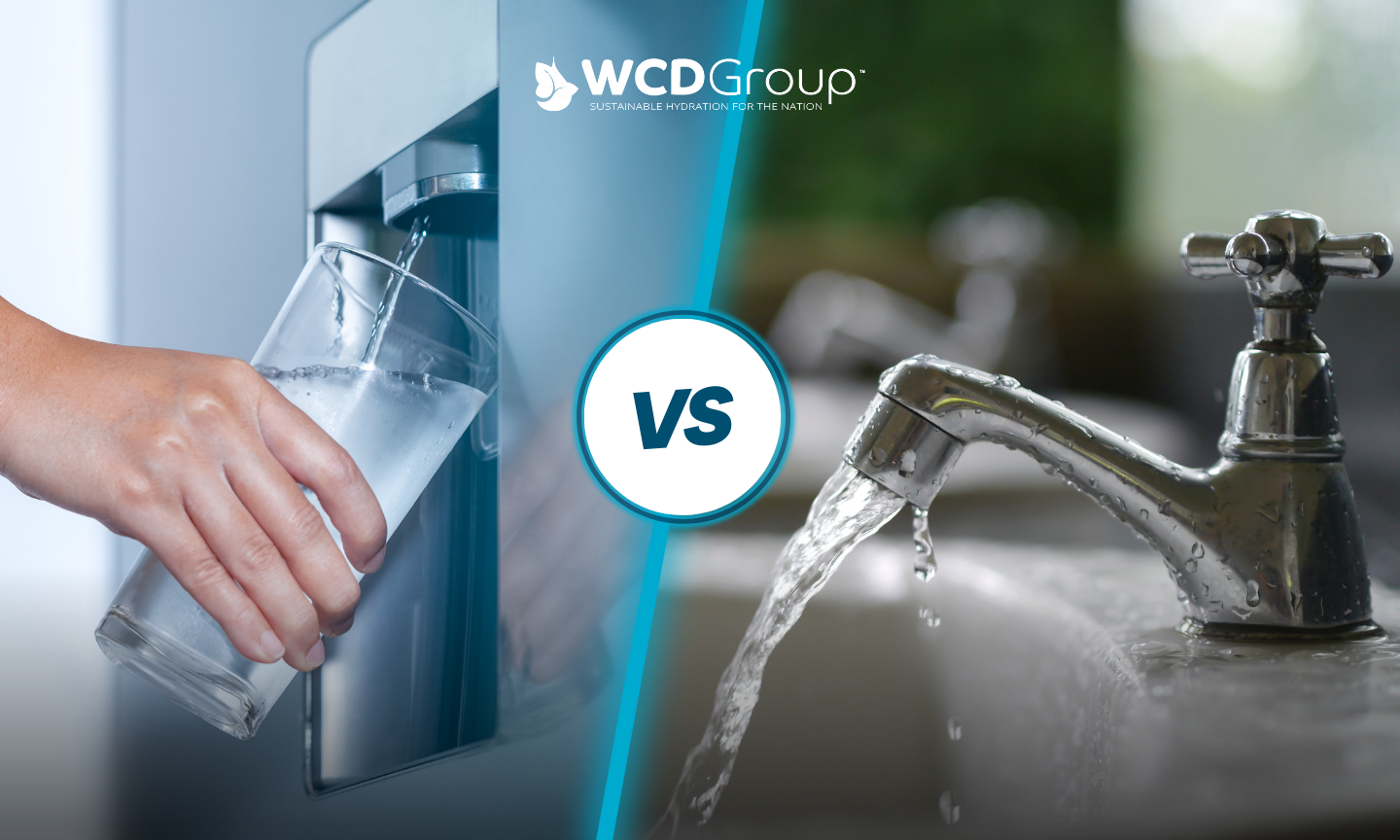Water Dispenser vs. Tap Water: Which is Safer?
When it comes to staying hydrated, the source of our drinking water plays a crucial role in maintaining good health. In the United Kingdom, the two most common options are tap water and water dispensers. But which one is safer? In this blog post, we will explore the differences between water dispensers and tap water, examining their quality, filtration methods, and overall safety. By the end, you'll have a clearer understanding of which option is best for ensuring safe and clean drinking water.
Quality of Water:
Tap water in the UK is generally considered safe to drink, thanks to strict regulations and monitoring by water authorities. However, concerns regarding potential contaminants like heavy metals and chlorine still arise. On the other hand, water dispensers offer an additional layer of filtration and purification, ensuring high-quality water. The filters in water dispensers are designed to remove impurities and provide cleaner, fresher-tasting water.
Filtration Methods:
Most water dispensers utilise multi-stage filtration systems to improve water quality. These systems often include activated carbon filters, sediment filters, and sometimes even UV sterilisation to eliminate harmful microorganisms. Tap water, although treated by water treatment plants, may still contain trace amounts of impurities that could impact taste and potentially affect health. Water dispensers, with their advanced filtration methods, can provide a more reliable and purified drinking water experience.
Convenience and Accessibility:
Water dispensers offer significant convenience, especially in workplaces, public spaces, or homes where a large quantity of drinking water is required. They provide instant access to both hot and cold water, eliminating the need for refrigeration or boiling. Tap water, while readily available in most places, may not always be conveniently located, and the quality may vary from one area to another. Water dispensers ensure a consistent and easily accessible source of safe drinking water.
Maintenance and Cleaning:
Water dispensers require regular maintenance and cleaning to ensure optimal performance and water quality. The filters should be replaced according to the manufacturer's recommendations, and the dispenser itself should be cleaned to prevent the growth of bacteria or mould. Tap water, on the other hand, does not require specific maintenance beyond routine checks by the water authorities. However, it's essential to note that water dispensers with proper maintenance protocols can provide consistently safe and clean water.
Product Recommendations:
If you're considering investing in a water dispenser for your home or office, The WCD Group offers a range of high-quality water dispensers with advanced filtration systems. Their product line includes countertop and freestanding models, ensuring there's an option to fit your specific needs. Visit their website to explore their selection and find the perfect water dispenser that meets your requirements for safe and convenient hydration.
Conclusion:
While tap water in the UK is generally safe for drinking, water dispensers offer additional filtration and convenience, providing a reliable source of purified water. By investing in a water dispenser from The WCD Group, you can enjoy peace of mind knowing that you're accessing clean and safe drinking water, free from potential impurities found in tap water.




